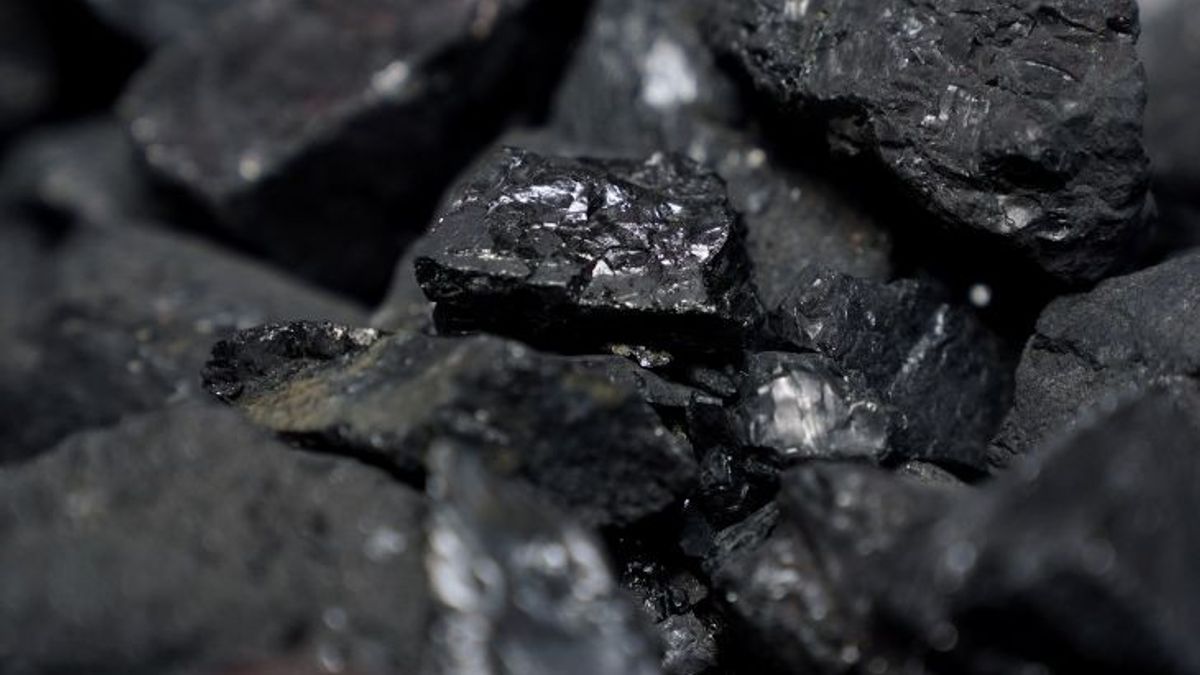JAKARTA - The government has issued Government Regulation in Lieu of Law Number 2 of 2022 concerning Job Creation or Perppu Cipta Kerja, some time ago.
The Perppu on Job Creation that has been issued is also considered to have produced various substance of articles that are considered problematic.
There is one section that raises concerns about the negative impact on the economy, energy security and the environment, namely Paragraph 5 of Article 128A relating to changes in the production fee/royalty for coal downstream products to 0 percent.
In order to examine more deeply the consequences of the enactment of the Perppu on Job Creation, the Center of Economic and Law Studies (Celios) has conducted studies and obtained various findings.
The following is a list of 7 interesting findings from research regarding the Zero Percent Royalty Policy for Coal Downstreaming:
1. Loss of royalties due to the coal downstream policy will have an impact on widening the budget deficit in 2023. Previously, the government had set a deficit limit of below 3 percent or 2.84 percent, equivalent to IDR 598.2 trillion.
The target in the 2023 State Budget runs the risk of being missed due to the Perppu of Job Creation giving incentives to the coal sector. The loss of royalties that the government should receive from the coal sector will add up to 5.7 percent of the total 2023 budget deficit.
2. Savings from state losses of IDR 33.8 trillion can be used to build 15,281 schools and 201 hospitals. If lost royalties are accumulated for up to 20 years, the revenue that should have been received by the state could be used to build 305,632 schools and 4,039 hospitals.
3. The Job Creation Perppu has a negative effect on the transfer of revenue sharing funds (DBH) to natural resource producing regions (SDA), even though 80 percent of royalty non-tax state revenue (PNBP) is transferred to producing regions, both at the provincial and regency levels.
Noted, more than 12 provinces and tens of districts still depend on their regional income from coal DBH.
4. The 0 percent royalty policy for coal downstream is contrary to efforts to provide fair natural resource compensation for the regions. In addition, the loss of DBH potential in the midst of booming coal prices has had a significant impact on efforts to reduce poverty, stimulate micro-entrepreneurs, and spend to mitigate the impact of environmental damage in natural resource-producing areas.
5. 0 percent royalties for coal sector business actors who develop and/or utilize coal will encourage downstream coal commodities, which will ultimately extend Indonesia's addiction to fossil energy sources that are not environmentally friendly.
6. Claims that coal-derived products or Dimethyl Ether (DME) can replace LNG imports are also doubtful. DME's economy is far below that of Liquefied Natural Gas (LNG) imports.
This shows that there is a false solution in promoting energy efficiency in Indonesia.
7. The presence of a 0 percent royalty incentive for coal downstream makes banks tend to return to penetrating credit into the coal mining sector in the long term.
As of November 2022, investment credit disbursement in the mining sector grew 74.2 percent, while working capital loans to the mining sector increased 31 percent on an annual basis.
This situation will pose a risk of reducing the portion of credit disbursement to sectors that are actually needed to accelerate the energy transition.
SEE ALSO:
For your information, the zero percent royalty policy for downstream coal is regulated in Article 128A Job Creation Perppu Article 128A paragraph (2), which reads, "Granting certain treatment to the obligation of state revenue as referred to in paragraph (1) for development and/or utilization of coal may be in the form of the imposition of a production fee/royalty of zero percent."
The English, Chinese, Japanese, Arabic, and French versions are automatically generated by the AI. So there may still be inaccuracies in translating, please always see Indonesian as our main language. (system supported by DigitalSiber.id)












